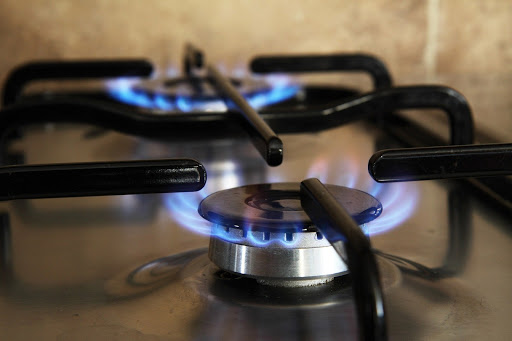Types of Furnaces and Pros and Cons of each

What Is A Furnace?
Furnaces are a type of central heating unit that have been around for decades. Older furnaces were powered by coal and wood to heat a space. Modern day furnaces now use gas, electricity, or induction to generate energy to warm homes, buildings and other structures. Furnaces are vital to keeping your living environment comfortable and heated. Let’s look into the different types of furnaces and figure out which one would be best for you and your needs.
Types of Furnaces
There are three main types of furnaces you could purchase for your space: natural gas, oil, and electric. Each type of heating method has its own specific characteristics, costs and efficiency ratings.
Oil Burning Furnaces

Pros
- More effective than a gas furnace
- Oil burns hotter than gas, giving off more heat per each BTU
- Lifespan up to 30 years with proper maintenance
- More convenient in a remote area
- Manage high temperatures well – good for frigid environments
Cons
- The most expensive type of furnace
- The price of oil ties to the availability and cost of crude oil, therefore the price of heating a home fluctuates
- Homes must have a tank in the yard
- Responsible for scheduling your own deliveries
- Need more cleaning and filter changes than most furnaces
Electric Furnaces

Pros
- Able to adjust the temperature from room to room
- Good for the environment
- Heats faster than the other furnace types
- Electricity is typically available in every home
- Low installation costs
- No harmful fumes are released
- Quiet
Cons
- High operating costs
- Emits a dry heat
- The heat goes out when your electricity goes out
Natural Gas Furnaces

Pros
- Most efficient furnace per dollar
- Low operating cost
- A cleaner burning fuel
- Reduces overall demand of electricity in the area
- Heats up quickly
Cons
- Expensive to install
- Not all homes are available to gas pipelines
- Require regular cleaning and annual servicing
- Every room has to be kept at the same temperature
Heating Your Home
Based on everything above, an electric furnace is the most economically and environmentally efficient system to use when heating your home. However, your type of furnace might depend on your personal needs, so make sure you pick the furnace that fits your specific home.
If you’re interested in installing an electric, oil, or natural gas furnace in your home, Temperature Pro is at your service! Contact us today to learn more!





